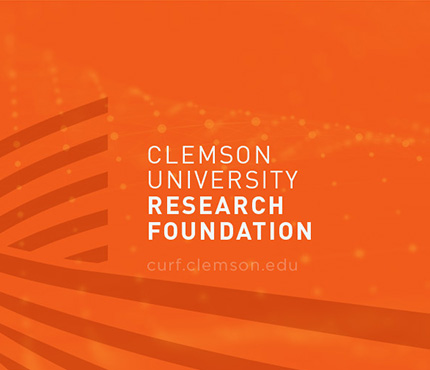Keywords: Biotechnology, Agriculture, Plant Growth
Market Overview
Overexpression of the miR396c gene in transgenic creeping bentgrass allows for better control of plant flowering and enhances crop performance under adverse environmental conditions. Abiotic stresses such as drought, salt, and nitrogen deficiency are limiting factors for plant growth, development, and agricultural productivity. Therefore, it is critical to develop reliable procedures to genetically modify plants for improved performance under environmental stresses, thereby enhancing agricultural productivity to meet the ever-growing demands in food production. Clemson University researchers have discovered the key role miR396c plays in modulating plant growth, development and plant response to salinity and nitrogen deficiency. By manipulating the miR396c gene in plants, researchers could potentially improve plant abiotic stress resistance.
Applications:
Agriculture Production; biotechnology
Technical Summary:
Clemson University researchers have developed a transgenic creeping bentgrass plant using overexpression of Os-miR396c that alters plant development and improves stress tolerance to salt and nitrogen deficiency. Transgenic plants contain one or more genes which have been introduced artificially into the plant’s genetic makeup using recombinant DNA technology. Examples of new traits in transgenic plants in food crops include resistance to pests, diseases, and/or environmental conditions. Plant microRNAs are a class of endogenous small noncoding RNAs that play essential roles in diverse biological processes, including plant responses to environmental and nutritional stresses and various aspects of plant development. Clemson researchers have cloned the rice miR396c gene and evaluated the feasibility of using this gene in turfgrass for trait modifications. The data demonstrates that transgenic plants overexpressing miR396c flowered under long day conditions without vernalization and exhibited enhanced stress tolerance.
Advantages:
- Manipulation of the miR396c gene enhances plant stress tolerance
- Enhances crop performance under adverse environmental conditions, enabling better control of plant flowering and development
Technology Overview
State of Development
Molecular, biochemical, and physiological analysis underway
Patent Type
Utility, Provisional
Category
Serial Number
62/063,779; 14/883,350
CURF Reference No.
2014-070
Inventors
Hong Luo, Shuangrong Yuan, Zhigang Li, Qian Hu
For More Info, Contact:
Interested in this technology?
Contact curf@clemson.edu
Please put technology ID in subject line of email.
Contact
Latest News from CURF
Stay up-to-date with the latest trends in the innovation and research industry. Sign up for our newsletter to see how CURF is making a difference and impacting the economy where we live.









